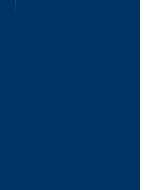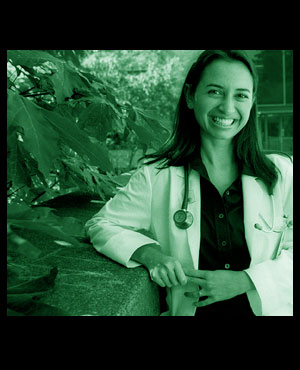
| Private Support | ||||||||||||
 |
||||||||||||
|
THE POWER OF HOPE
UW Medicine received generous support in the past year for urgently needed research space. This support included gifts and pledges to launch UW Medicine Lake Union, a research hub located near downtown Seattle. Private contributions totaling $93 million, including a $70 million gift from the Bill & Melinda Gates Foundation, made possible the construction of two on-campus facilities for the departments of bioengineering and genome sciences. These buildings, combined with UW Medicine Lake Union, will increase UW Medicine's research space by 50 percent, helping to keep UW Medicine at the forefront of scientific discovery. TEACHING UW Medicine is a visionary in medical education. WWAMI (an acronym for Washington, Wyoming, Alaska, Montana, and Idaho) is a regional program created here in the 1970s that has become a national model for training new doctors to practice in rural towns and in other places lacking physicians. UW Medicine continues to set new standards in education. This year the School of Medicine began a revised curriculum that emphasizes mentorship and individual attention to students. Faculty members recognized as excellent teachers have designed changes that ensure that UW medical school graduates are not only skilled practitioners, but also good communicators who put their patients needs first. To sustain its leadership role, the School of Medicine must continue to attract the nations finest students. Private support is crucial to this effort. Thanks to contributors, UW Medicine is building its endowed scholarship funds. This year, UW Medicine supporters contributed $2.9 million to student scholarships and financial aid. Many of these contributors are UW School of Medicine alumni. Dr. Lloyd C. Elam, who in 1957 became one of the first African-American graduates of the School of Medicine, is such a donor. He and his wife, Clara Elam, made generous contributions to a minority student scholarship in the hope of benefiting not only the student recipients, but also the communities they later will serve. PATIENT CARE Central to UW Medicines mission is providing patients with expert, compassionate care. This year, UW Medicine donors gave $1.8 million to support patient care. Their gifts are used in many ways: to bring comfort, to help patients families in times of crisis, and to deliver outstanding health care to patients from all walks of life.
|
||||||||||||
|
© 2003 - 2004 UW Medicine
Maintained by UW Health Sciences and Medical Affairs News and Community Relations Send questions and comments to drrpt@u.washington.edu |
||||||||||||



